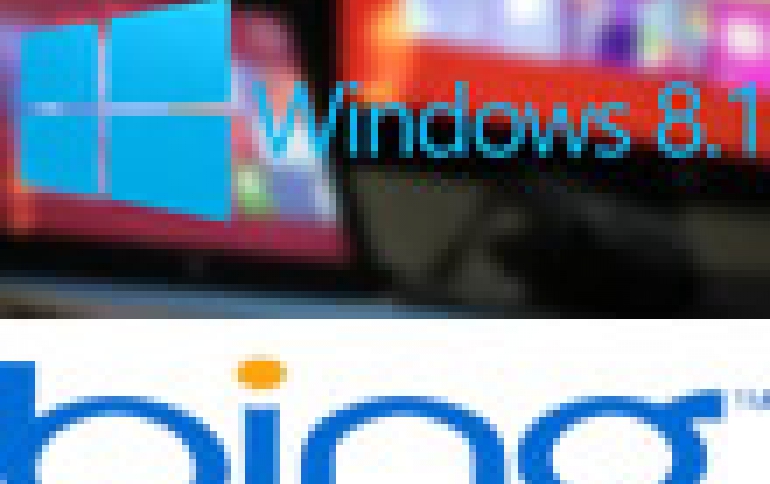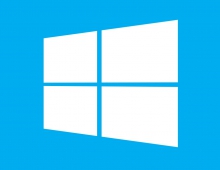
Microsoft Seeks For More Revenue With Free Windows 8.1 With Bing for Tablets
Microsoft will be giving a new version of its OS, "Windows 8.1 with Bing," to tablet makers free of charge as it tries to boost the sales of its flagship OS.
Windows 8.1 with Bing provides the same experiences that Windows 8.1 offers with the Windows 8.1 Update, and comes with Bing as the default search engine within Internet Explorer. Microsoft's customers will be able to change that setting through the Internet Explorer menu, providing them with control over search engine settings. This new edition will be only be available preloaded on devices from Microsoft's hardware partners. Some of these devices, in particular tablets, will also come with Office or a one-year subscription to Office 365.
"As we move forward, many of these lower cost devices will come with a new edition of Windows called Windows 8.1 with Bing," said Microsoft spokesman Brandon LeBlanc.
Windows 8.1 has also been tweaked so that it can be installed on the cheapest devices, those with just 1GB of system memory and 16GB of flash-based storage space. The technology Microsoft will use, dubbed "WIM" for "Windows Imaging," is a file-based, heavily-compressed disk image format introduced in Windows Vista.
Microsoft has failed thus far to generate much interest in tablets powered by Windows. According to IDC, Windows tablets accounted for just 3.4% of all tablets shipped in 2013, a far cry from the 35% of Apple's iOS and the 61% of Google's Android.
These new devices will be announced over the coming weeks.
"As we move forward, many of these lower cost devices will come with a new edition of Windows called Windows 8.1 with Bing," said Microsoft spokesman Brandon LeBlanc.
Windows 8.1 has also been tweaked so that it can be installed on the cheapest devices, those with just 1GB of system memory and 16GB of flash-based storage space. The technology Microsoft will use, dubbed "WIM" for "Windows Imaging," is a file-based, heavily-compressed disk image format introduced in Windows Vista.
Microsoft has failed thus far to generate much interest in tablets powered by Windows. According to IDC, Windows tablets accounted for just 3.4% of all tablets shipped in 2013, a far cry from the 35% of Apple's iOS and the 61% of Google's Android.
These new devices will be announced over the coming weeks.



















